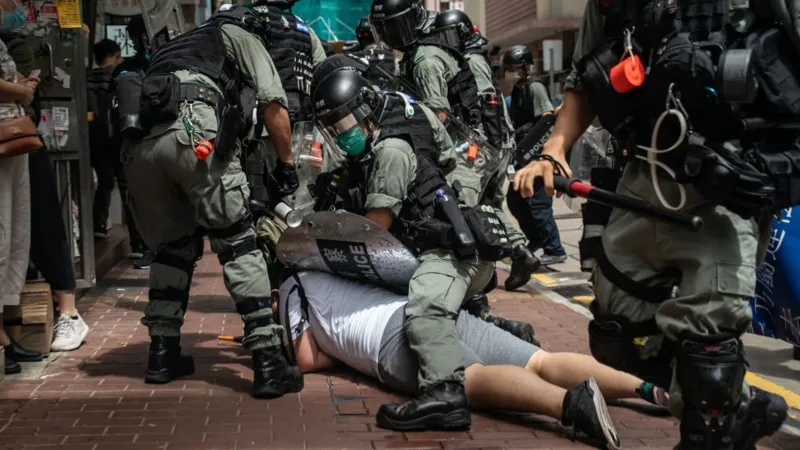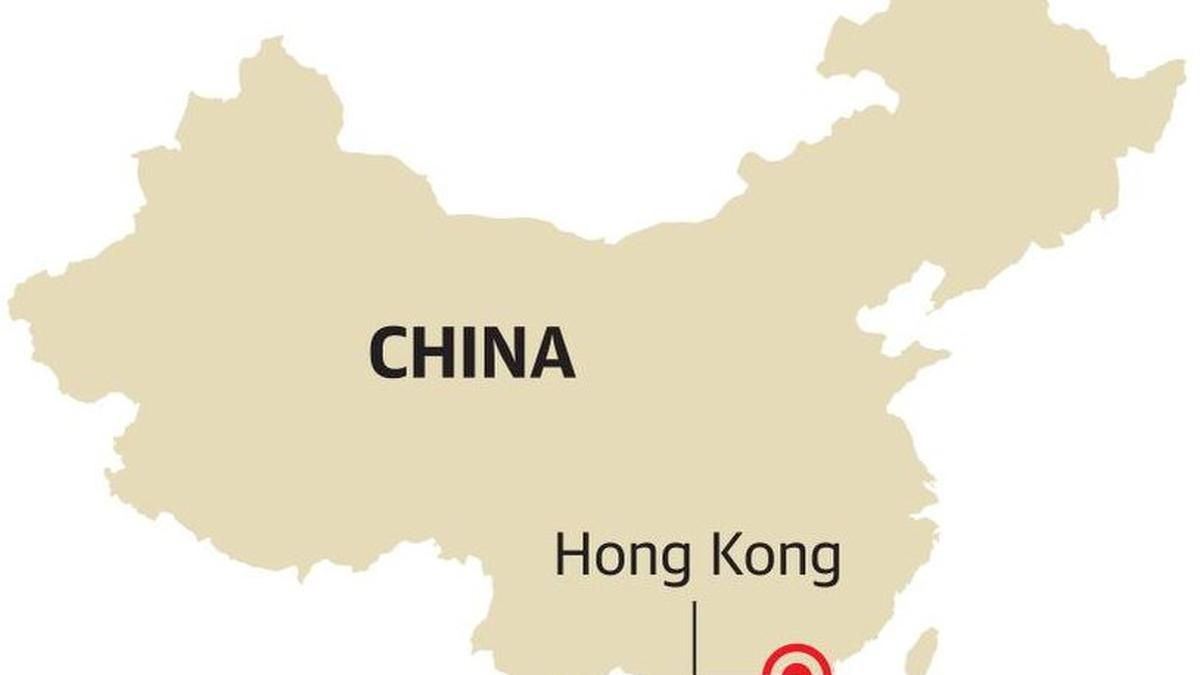Xia Baolong’s remarks were made during a high-profile government forum in Hong Kong on Saturday, marking the fifth anniversary of the 2020 National Security Law (NSL) — a law that has been highly controversial both locally and internationally.
“It is necessary to fully implement the One Country, Two Systems principle, guided by national security, to provide favorable safety protection for achieving better development of Hong Kong,” Xia said.
This speech wasn’t just ceremonial. It came after Xia’s week-long visit to Hong Kong, his third visit in three years, signaling Beijing’s heightened interest in steering the city’s political, social, and economic direction.
The Impact of the National Security Law So Far
Since its imposition in 2020, the National Security Law has transformed Hong Kong’s political landscape:
- Dissent has been largely silenced.
Pro-democracy activists have either been jailed, gone into exile, or forced into silence. - Media outlets like Apple Daily have been shut down.
Independent journalism in Hong Kong is now a shadow of what it was pre-2019. - Elections have been restructured.
Only “patriots” loyal to Beijing can hold key positions in the government.
According to Chinese officials like Xia, these measures have brought “order from chaos,” especially after the massive pro-democracy protests of 2019.
However, critics argue that Hong Kong’s unique freedoms, which made it a global business hub, have been severely eroded.

The national security law was introduced in response to mass pro-democracy protests in Hong Kong
Security Crackdown Intensifies
The emphasis on national security has gone beyond political reforms:
- First known joint security operation:
Earlier this month, Beijing’s national security office in Hong Kong worked directly with local police to investigate alleged cases of foreign collusion. - Censorship extended to video games:
Authorities recently banned a Taiwanese-made video game, accusing it of promoting overthrow of the government.
These actions illustrate how national security laws are now affecting daily life — not just politics but even entertainment and academia.
Why Now? Beijing’s Broader Strategy for Hong Kong
Xia’s speech also reflects China’s wider strategy:
- Integration with Mainland China:
Xia has strongly pushed for projects like the Northern Metropolis, a massive urban expansion near the mainland border, aimed at physically and economically binding Hong Kong to Shenzhen and other Chinese regions. - Education and Talent Development:
Xia also held meetings with university leaders, emphasizing the creation of an innovation hub, in line with China’s ambition to become a global tech leader. - Geopolitical Calculations:
As US-China tensions worsen, Hong Kong is caught in the crossfire. American tariffs that once spared Hong Kong now apply, further blending Hong Kong into mainland China in the eyes of the global economy.
The Economic Reality: Challenges Ahead
Despite claims that the NSL has stabilized the city, Hong Kong’s economy is still struggling:
- Real estate slump:
The once-booming property market is in a prolonged decline, reflecting broader weaknesses in China’s economy. - Financial sector worries:
Global firms are increasingly cautious about operating in Hong Kong, fearing legal risks from the NSL. - Trade War Fallout:
Trump-era tariffs still apply to Hong Kong-made goods, reducing its appeal as a separate trade hub.
Yet some experts remain optimistic. Former Morgan Stanley Asia Chairman Stephen Roach recently suggested that Hong Kong’s role as China’s international finance window could ironically grow stronger, especially as mainland China faces increasing isolation from Western financial markets.
Global Reaction and Local Sentiment
- Western criticism continues:
The U.S. and European Union have repeatedly condemned Beijing’s tightening grip, citing violations of the One Country, Two Systems framework agreed upon during the 1997 British handover. - Local opinions are divided:
While some business leaders welcome stability, especially after the chaos of the 2019 protests, many ordinary Hongkongers feel alienated, and thousands have emigrated to the UK, Australia, and Canada in recent years.
What’s Next for Hong Kong?
1. More Security Measures Likely
Given the trends, expect more strict enforcement of national security laws. We may see additional media restrictions, tech surveillance, and judicial reforms to align fully with Beijing’s governance style.
2. Deeper Integration with the Mainland
Economic projects like the Northern Metropolis will likely accelerate, with Shenzhen becoming increasingly tied to Hong Kong’s development future.
3. Potential Financial Opportunities
Despite the political risks, global investors might still leverage Hong Kong as a bridge to China’s massive financial system, especially if relations between Beijing and Washington further deteriorate.
Unicorns Thrash Super Kings: Dominant Win in MLC 2025 Match 4



[…] China’s Top Hong Kong Official: National Security Is Key to the City’s Future Success […]